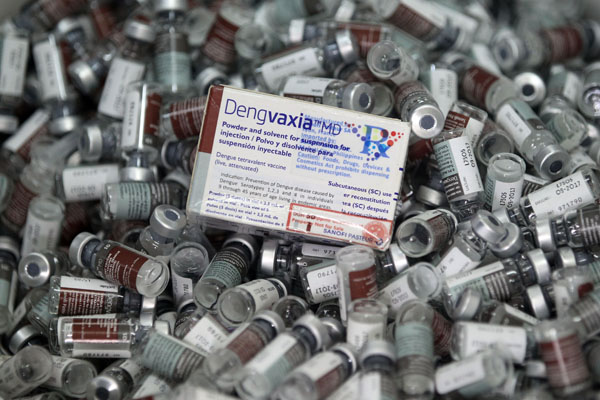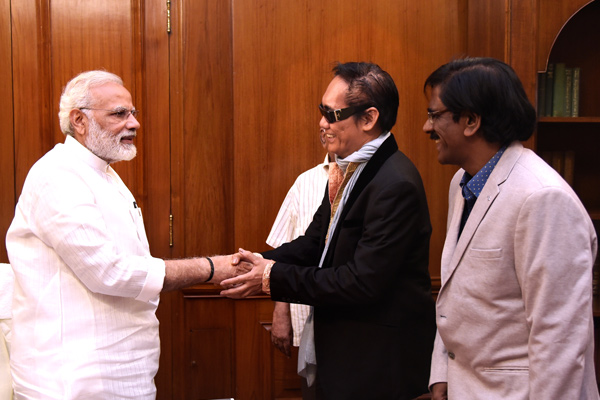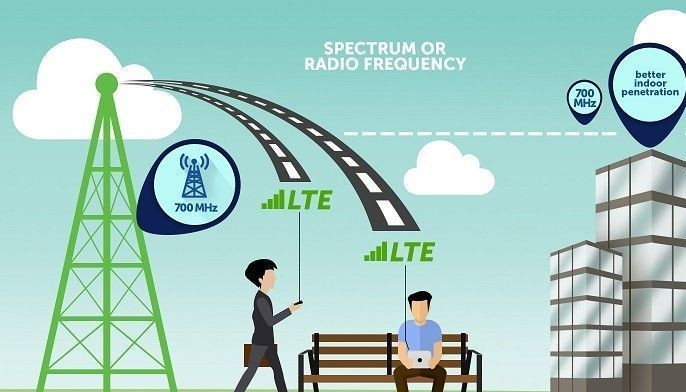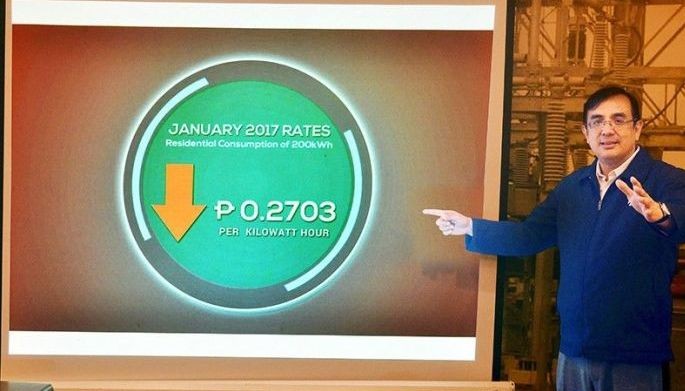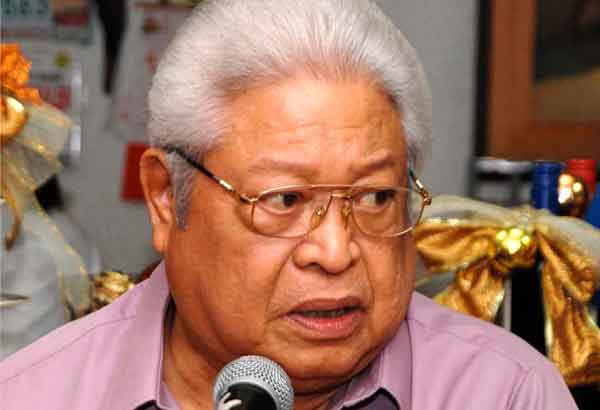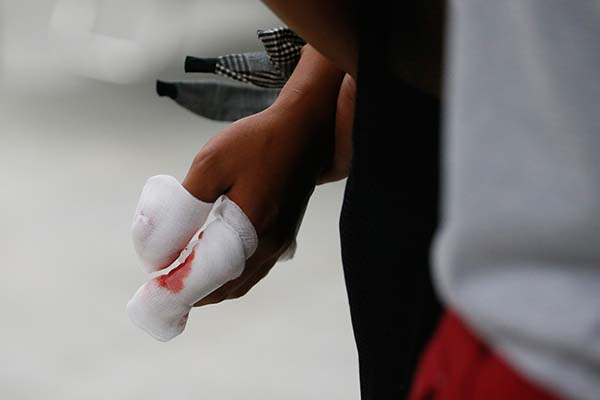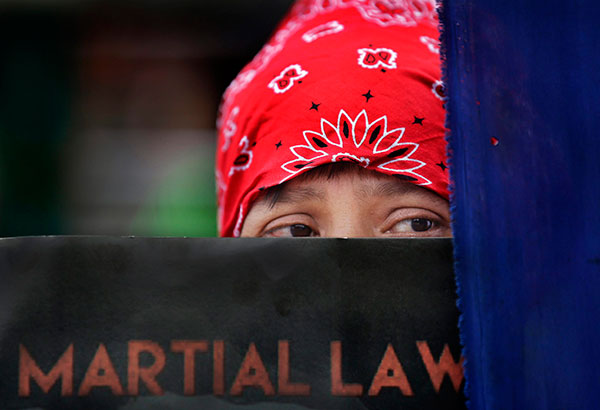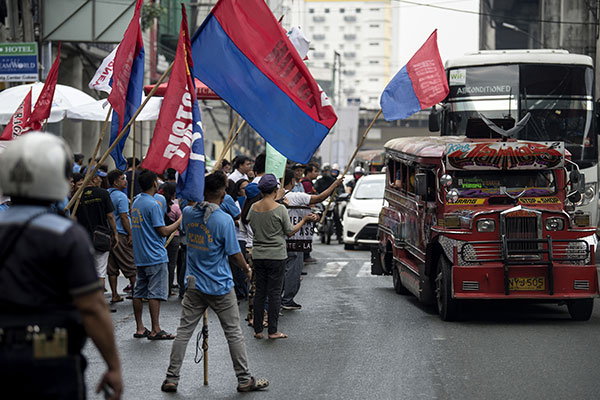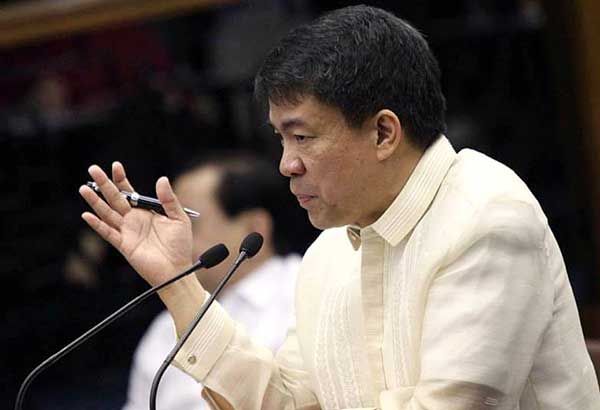Sanofi defends dengue vaccine amid FDA sanctions
Sheila Crisostomo (The Philippine Star) - January 6, 2018 - 12:00am
MANILA, Philippines — Pharmaceutical firm Sanofi Pasteur Inc. yesterday maintained that it has complied with the Food and Drug Administration (FDA) ’s requirements for the use of its Dengvaxia vaccine given in the government’s anti-dengue vaccination program.
In a statement, Sanofi Pasteur said it is part of the company’s standard practices to conduct “post-approval commitments to continuously evaluate the safety and effectiveness” of all its vaccines, including Dengvaxia.
“Sanofi Pasteur confirms that in accordance with international and local laws, regulations and company standards, post-approval commitments for Dengvaxia, as described in the pharmacovigilance plan submitted to the Philippines FDA and other national regulatory authorities, have been – and will continue to be – fulfilled,” it added.
Sanofi Pasteur issued a statement after the FDA on Dec. 29, 2017 suspended the certificates of product registration (CPRs) of Dengvaxia for failing to submit timely and complete pharmacovigilance plan specific for the Philippines and other post-approval requirements.
The FDA ruled that given the evidence against Sanofi Pasteur, “the most prudent action for this office to take is to suspend the CPRs of the above-stated products to ensure that public health and safety will not be prejudiced.”
The six-page decision signed by FDA director general Nela Charade Puno also showed that Sanofi was slapped with an administrative fine of P100,000.
Sanofi was issued a “stern warning that future violations of FDA-implemented laws, rules and regulations shall warrant stiffer sanctions, including but not limited to revocation or cancellation of CPR, and/or its license to operate and closure of the establishment,” the decision read.
“Records and evidence clearly show that respondent failed to comply with its post-marketing authorization issuance commitments and that it has exhibited propensity to not comply with this office’s regulatory requirements for its products, Dengvaxia and Dengvaxia MD,” it added.
Sanofi said it will “continue to cooperate in full transparency with the FDA and is committed to comply with Philippines laws and regulations.”
“The global risk management and pharmacovigilance plan for Dengvaxia is the same for all countries where the product has been approved, and periodic reports are submitted to the national regulatory authorities where Dengvaxia is approved,” it added.
The controversy started after it was found that Dengvaxia was harmful if administered to people without a history of dengue as it allegedly caused severe dengue infection.
Dengvaxia was also blamed for the death of school children immunized under the DOH’s anti-dengue vaccination program in 2016.
UP-PGH panel to probe deaths
A panel of experts created by the University of the Philippines-Philippine General Hospital (UP-PGH) is set to investigate the deaths of 14 school children who were given Dengvaxia vaccine.
The 14 deaths were documented from March 2016 to December 2017 as part of the DOH’s monitoring activities.
According to DOH Assistant Secretary Enrique Domingo, the panel was tasked to establish the cause of death, if their death is related to Dengvaxia and the association between the death and the vaccine.
“These are the questions that we asked after giving them the cases. They are expected to come up with very objective appreciation of these cases maybe in one or two weeks,” Domingo said in a forum at the Manila Hotel.
It took UP-PGH time to form the panel because it wanted to make sure that the members will not have any conflict of interest, as many doctors have worked with Sanofi Pasteur.
Domingo asssured the public that Sanofi Pasteur has no role in the review and the expenses to be incurred during the process will be shouldered by DOH and PGH.



 Twitter
Twitter Google+
Google+ RSS Feed
RSS Feed Contact Us
Contact Us













